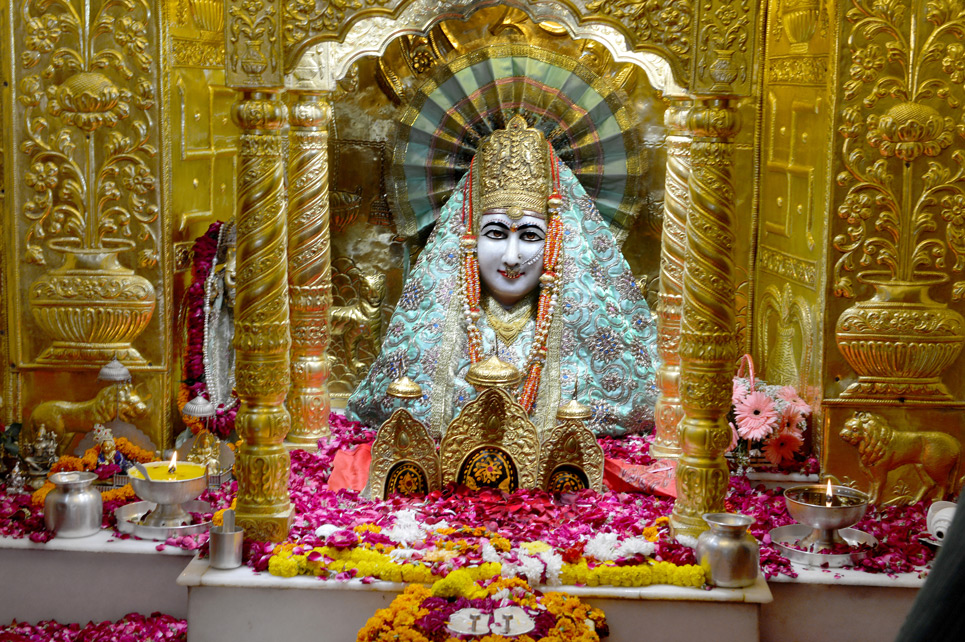Mata Mansa Devi, also known as Mansa Devi Temple, is a popular Hindu shrine located in the state of Haryana, India. It holds great significance among devotees who flock to this holy site to seek blessings and fulfill their desires. In this article, we will explore the history, architecture, rituals, and spiritual significance of Mata Mansa Devi.
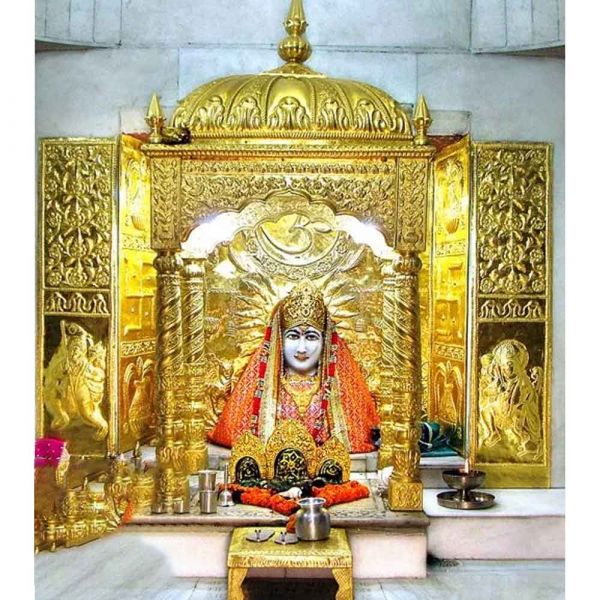
History of Mata Mansa Devi
Mata Mansa Devi Temple has a rich historical background dating back several centuries. According to legends, the temple was constructed during the reign of Maharaja Gopal Singh of Manimajra. It is believed that the king had a divine dream in which Goddess Mansa Devi appeared and instructed him to build a temple dedicated to her. The king followed the divine command and constructed the temple, which has been a revered place of worship ever since.
The Architecture of the Temple
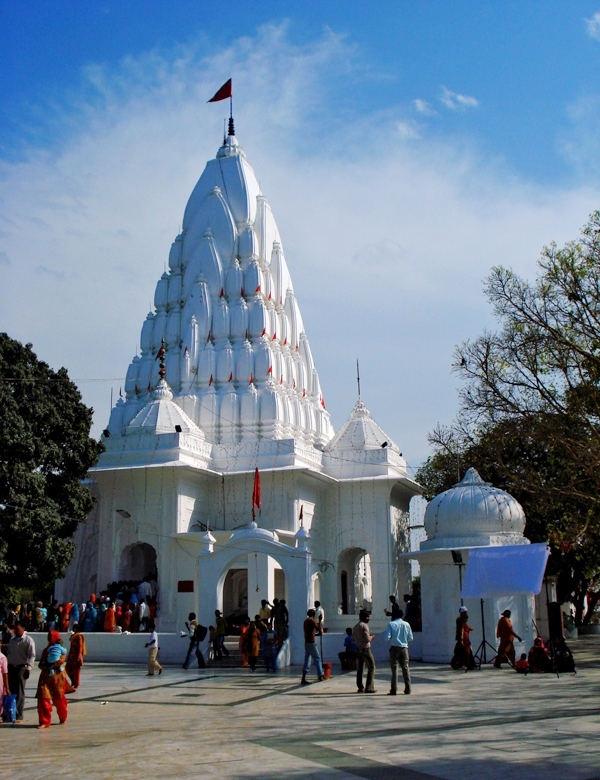
The architectural style of Mata Mansa Devi Temple is a harmonious blend of traditional and modern influences. The temple complex features intricate carvings, beautiful sculptures, and vibrant paintings that depict various mythological stories. The main shrine is adorned with gold and silver embellishments, creating a mesmerizing sight for devotees and visitors alike.
Significance of Mata Mansa Devi
Mata Mansa Devi holds immense significance in Hindu mythology and is considered an embodiment of divine feminine energy. Devotees believe that worshipping the goddess can fulfill their wishes and bring prosperity into their lives. The temple is particularly popular among childless couples, who pray for the blessing of a child, and students, who seek success in their academic pursuits.
Rituals and Worship at the Temple
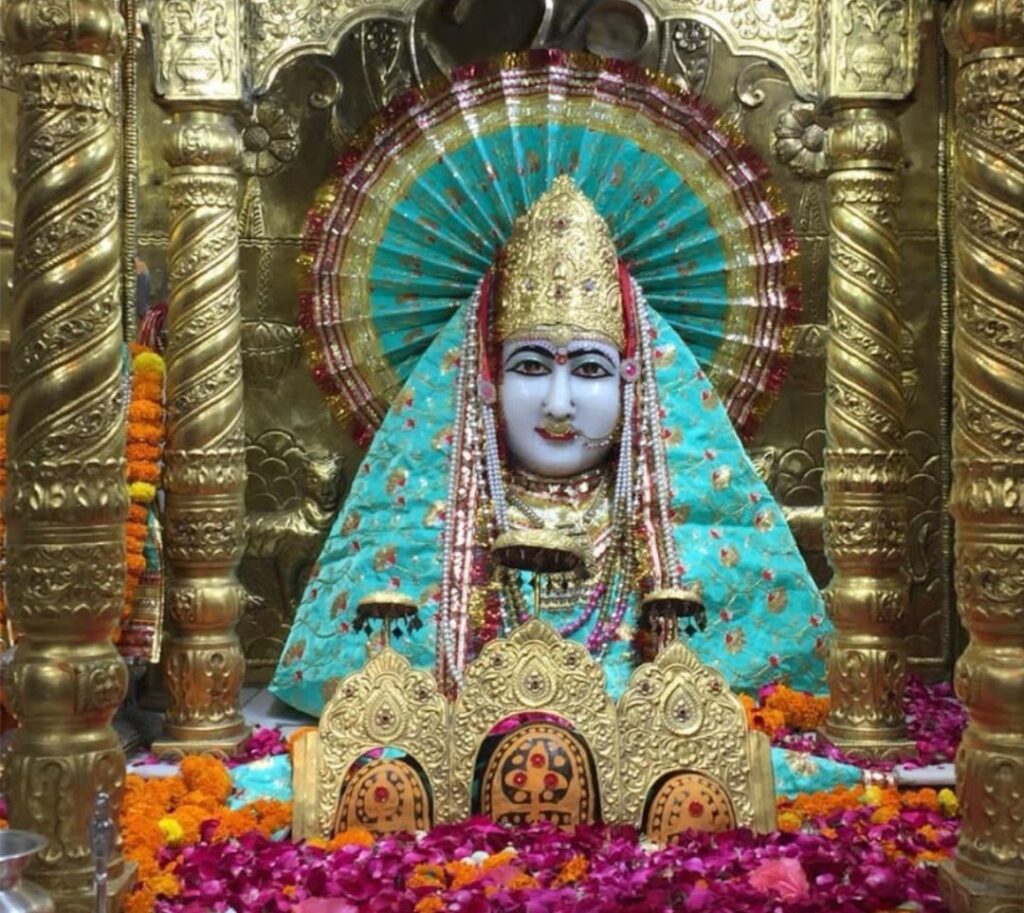
The daily rituals at Mata Mansa Devi Temple follow a well-defined schedule. Devotees start their visit by taking a holy dip in the sacred Mansa Devi Kund, which is believed to cleanse their sins and purify their souls. After the bath, devotees offer prayers, flowers, and sweets to the goddess. Special aartis (religious ceremonies) are performed twice a day, during which devotees sing devotional hymns and witness the divine aura of Mata Mansa Devi.
Festivals Celebrated at Mata Mansa Devi
Mata Mansa Devi Temple witnesses a grand celebration during the Navratri festival, which lasts for nine nights. Devotees from all over the country come to pay their respects and seek blessings during this auspicious period. The temple premises are beautifully decorated, and cultural programs and religious discourses are organized. The festival creates an atmosphere of joy and devotion, making it a truly memorable experience for everyone involved.
The Spiritual Experience at the Temple
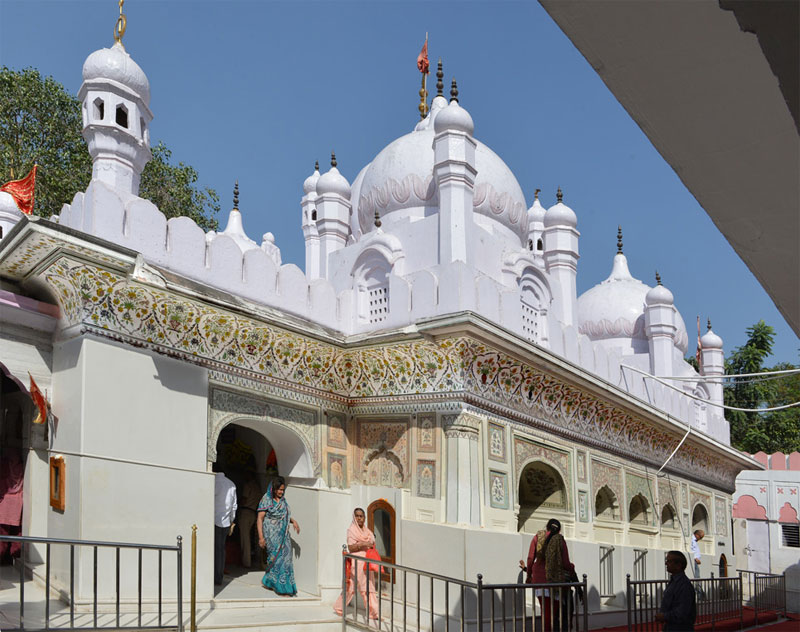
Visiting Mata Mansa Devi Temple offers a profound spiritual experience to devotees. The serene surroundings, the aroma of incense, and the sound of devotional chants create a tranquil atmosphere conducive to prayer and introspection. Many devotees claim to have felt a divine presence and experienced a deep sense of peace and fulfillment during their visit to the temple.
How to Reach Mata Mansa Devi
Mata Mansa Devi Temple is located in the city of Panchkula, Haryana, which is well-connected by road, rail, and air. The nearest airport is Chandigarh International Airport, which is approximately 20 kilometers away. Panchkula also has a railway station that connects to major cities in India. From there, visitors can easily reach the temple by local transport or private taxis.
Accommodation and Facilities
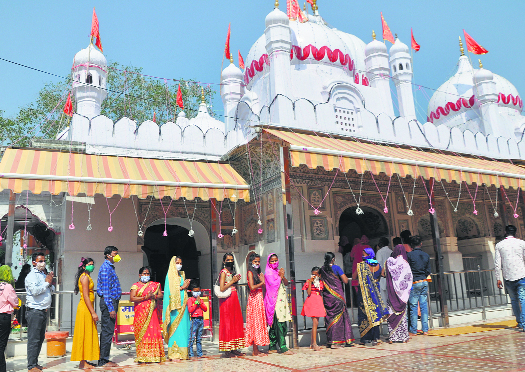
Panchkula offers a range of accommodation options to suit various budgets. There are hotels, guesthouses, and dharamshalas (pilgrim shelters) available near the temple for devotees and tourists. The temple authorities also provide basic facilities like clean drinking water, restrooms, and seating arrangements for visitors. Additionally, there are shops within the temple premises that sell religious souvenirs and prasad (blessed food).
Nearby Attractions
Apart from Mata Mansa Devi Temple, Panchkula and its surrounding areas boast several other attractions worth exploring. Visitors can visit the nearby Cactus Garden, Rock Garden, and Sukhna Lake for a refreshing experience amidst nature. The city of Chandigarh, known for its well-planned architecture and beautiful gardens, is also easily accessible from Panchkula.
Tips for Visitors
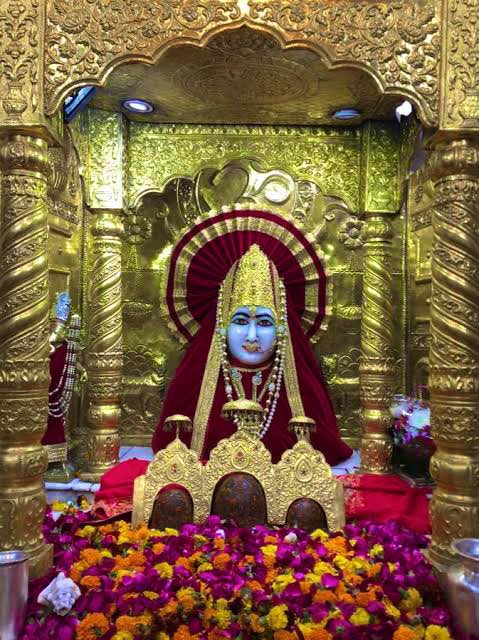
- Wear appropriate clothing that adheres to the temple’s dress code.
- Maintain silence and show respect for the religious sentiments of others.
- Carry a small bag with essential items like water, sunscreen, and a hat.
- Plan your visit during weekdays to avoid the crowd.
- Follow the instructions given by temple authorities for a smooth and hassle-free experience.
Conservation Efforts and Preservation
Mata Mansa Devi Temple is a protected heritage site, and various conservation efforts are in place to preserve its cultural and architectural significance. The temple management, along with government agencies, regularly conducts maintenance and restoration work to ensure the temple’s longevity. Awareness campaigns are also organized to educate visitors about the importance of preserving this sacred site for future generations.
Popular Legends and Myths
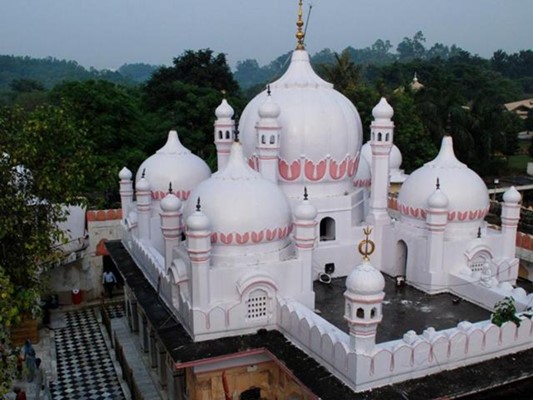
The folklore surrounding Mata Mansa Devi Temple is replete with fascinating legends and myths. One popular legend tells the story of a devotee who fervently prayed to the goddess for the well-being of his family. Impressed by his devotion, the goddess appeared before him and blessed him with prosperity and happiness. Such stories inspire countless devotees and strengthen their faith in the divine power of Mata Mansa Devi.
Inspirational Stories of Devotees
Over the years, Mata Mansa Devi Temple has been a witness to numerous heartwarming stories of devotees whose prayers were answered. From couples blessed with children to students excelling in their examinations, the temple has become a symbol of hope and miracles. These inspiring tales serve as a testament to the unwavering faith and devotion of those who seek solace and blessings from Mata Mansa Devi.
Contributions to the Community
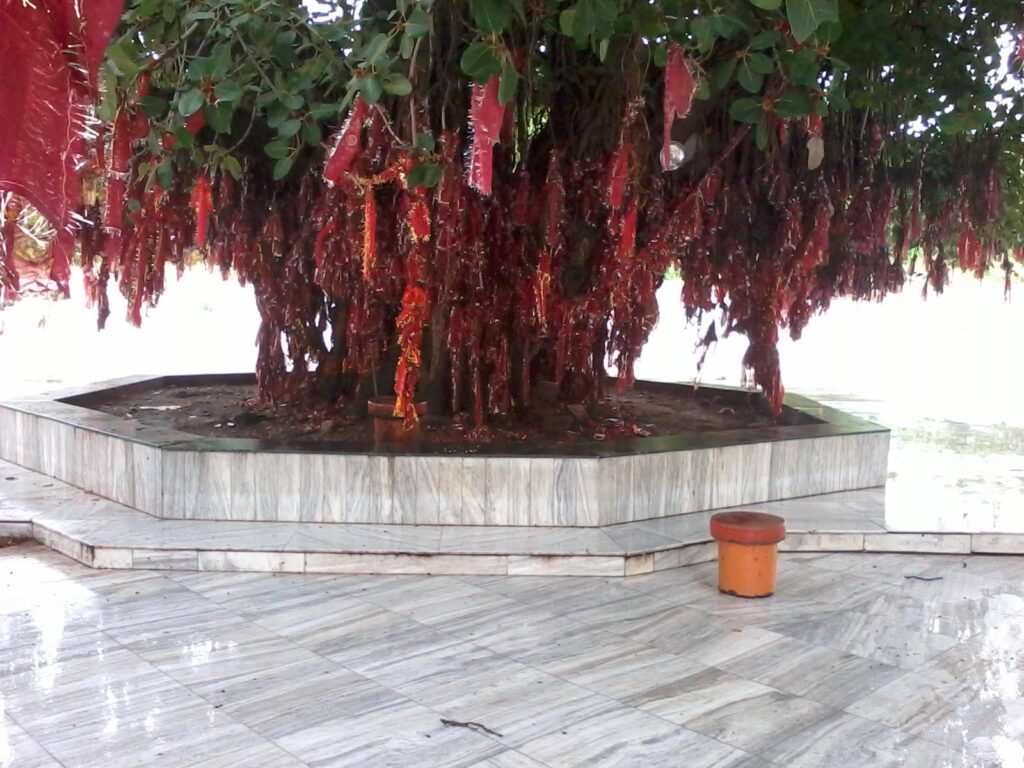
Mata Mansa Devi Temple actively participates in charitable activities and social welfare programs. The temple management runs various initiatives to support education, healthcare, and women empowerment in the surrounding communities. Additionally, during times of natural calamities or crises, the temple extends its helping hand by providing food, shelter, and assistance to those in need.
Conclusion
Mata Mansa Devi Temple stands as a sacred place of worship, where devotees find solace, hope, and divine blessings. The rich history, awe-inspiring architecture, and spiritual ambiance of the temple make it a must-visit destination for individuals seeking a deeper connection with the divine. Whether it is to seek fulfillment of desires, offer gratitude, or simply experience tranquility, Mata Mansa Devi Temple provides a spiritual haven for all.
So, plan your visit to this sacred abode and immerse yourself in the mystical aura of Mata Mansa Devi. Discover the power of faith, witness the beauty of devotion, and experience the profound peace that awaits you within the walls of this revered temple.
FAQs
1. Where is the Mata Mansa Devi Temple located?
The famous Mata Mansa Devi Temple is located in Panchkula, Haryana, near Chandigarh. It’s nestled at the foothills of the Shivalik range and is a well-known pilgrimage site in North India.
2. What is the story behind Mata Mansa Devi?
Mata Mansa Devi is believed to be a form of Shakti, born from the mind (“Mansa”) of Lord Shiva. Devotees believe she fulfills the pure wishes of her followers, especially during the Navratri festivals when the temple sees a huge surge of devotees.
3. When is the best time to visit Mansa Devi Temple?
While the temple is open year-round, the best time to visit is during the Navratri festivals in March–April and September–October. That’s when the energy, devotion, and celebrations are at their peak.
4. What rituals or offerings are done at the temple?
Devotees usually offer red chunari, coconuts, flowers, and sweets. Some also tie sacred threads on the sacred tree in the temple courtyard while making a wish, and untie it once it’s fulfilled.
5. Is there any ropeway or facility to reach the temple easily?
Yes! There’s a convenient ropeway (Mansa Devi Udankhatola) that takes visitors from the base to the hilltop temple. It’s both scenic and time-saving — especially helpful for the elderly or during festival rush.

